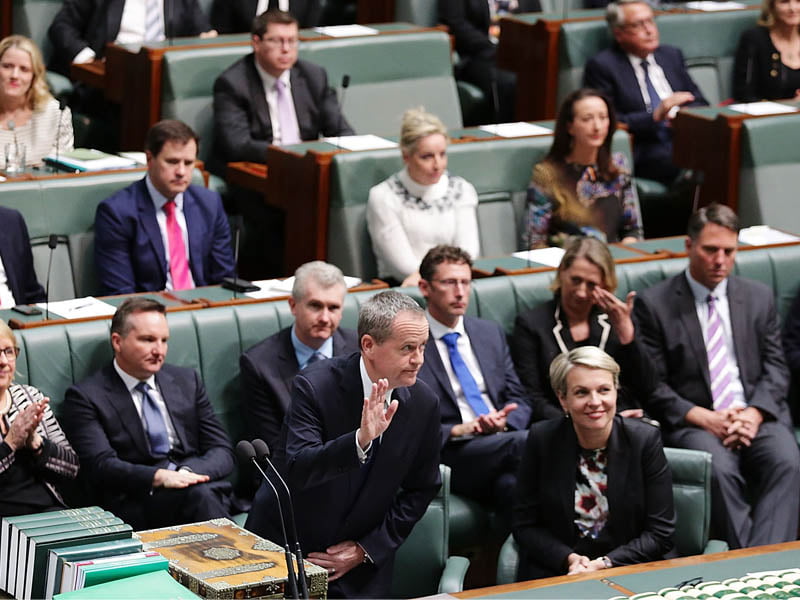On the eve of the Turnbull Government policy statement for diversifying the economy and improving the commercial performance of the Australian technology sector, Labor has unveiled another tranche of its own innovation thinking.
Opposition Leader Bill Shorten on Friday announced new measures aimed at invigorating the Australian startup sector, including planned tax breaks for seed investors, new money for innovation hubs in the regions, and ‘Landing Pads’ for startup companies setting up overseas.
Labor also outlined plans for a new independent Federal agency – called Innovate Australia – to coordinate cross portfolio delivery of innovation policy, steer funding decisions and to improve the collaboration outcomes between the private sector and public research institutions.

The Prime Minister Malcolm Turnbull will announce a suite of innovation initiatives on Monday in one of the most important economic statements his government will make for the remainder of this term.
The Innovation Statement is expected to completely recast the government’s economic narrative. For all the talk since he became Prime Minister about a changed economic narrative, Mr Turnbull has not provided policy detail.
That changes on Monday. And with Labor having announced its own startup largesse last Friday, there is now the basis for an innovation discussion where both sides appear to have much common ground.
Mr Shorten announced plans to introduce seed investment tax breaks based on a UK government scheme called the Seed Enterprise Investment Fund. Under the Australian version of the SEIS (called the Australian Angel Investment Scheme), angels would qualify for an upfront 50 per cent tax deduction on investments up to $200,000 per year.
Further, investors could ‘carry back’ tax relief if they did not reach the maximum $200,000 cap in any particular year. Investors would also enjoy full capital gains tax exemption for equity held for three years, and any realised losses could be deducted against wage and salary income.
The Labor scheme would also allow for deferment of capital gains tax on investments of the investor, directing a capital gain to a new investment.
The fine print defines startups under the scheme as having fewer than 25 employees, carrying a maximum of $400,000 in assets, with a maximum raised capital under the scheme of $300,000 per year.
Labor will also lower the minimum level of investment required for entry into the ESVCLP (early stage venture capital limited partnership) program from $10 million to $5 million to facilitate increased funding from angel investors.
Venture capital funds invested in Australian businesses would be entitled to preferential tax treatment through the ESVCLP program.
It is interesting that these tax incentives arrive at a time when the industry itself is saying the funding holes have largely been filled. Certainly finding angel and early stage investors is easier now than even a couple of years ago.
Mr Shorten also announced plans for a Regional Innovation Fund to drive the creation of at least 20 new accelerators based outside of metropolitan areas in its first three years.
Labor will provide $500,000 in funding per year for consortiums putting an accelerator together – as long as each consortium includes a regional uni or TAFE, a local government, and a local business group.
The aim is to establish self-sustaining Regional Innovation Hubs within universities or TAFEs that are closely integrated with the local business community.
Mr Shorten did not detail how the ‘Innovate Australia’ agency would work, besides pointing to its role as a coordination body. It would take policy oversight for a diverse set of existing programs ranging from Entrepreneurs Program, to the R&D Tax scheme, to Cooperative Research Centres and VC programs, amongst other things.
He proposed government will establish Landing Pads overseas to help Australian companies seeking to establish offices offshore – or even for startup founders moving offshore. The first would be in San Francisco, with another in a yet-to-be named Asian city.
Do you know more? Contact James Riley via Email.

